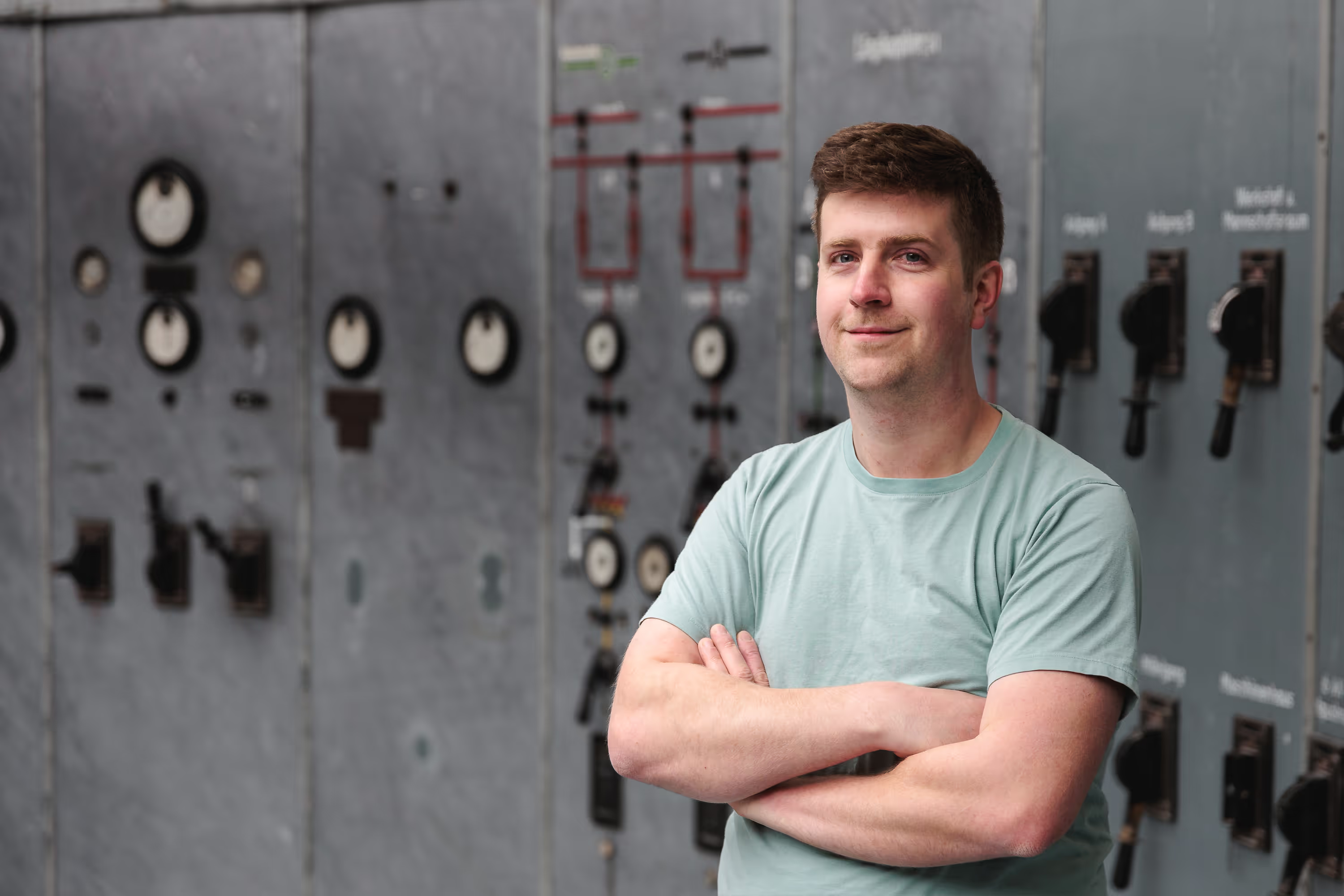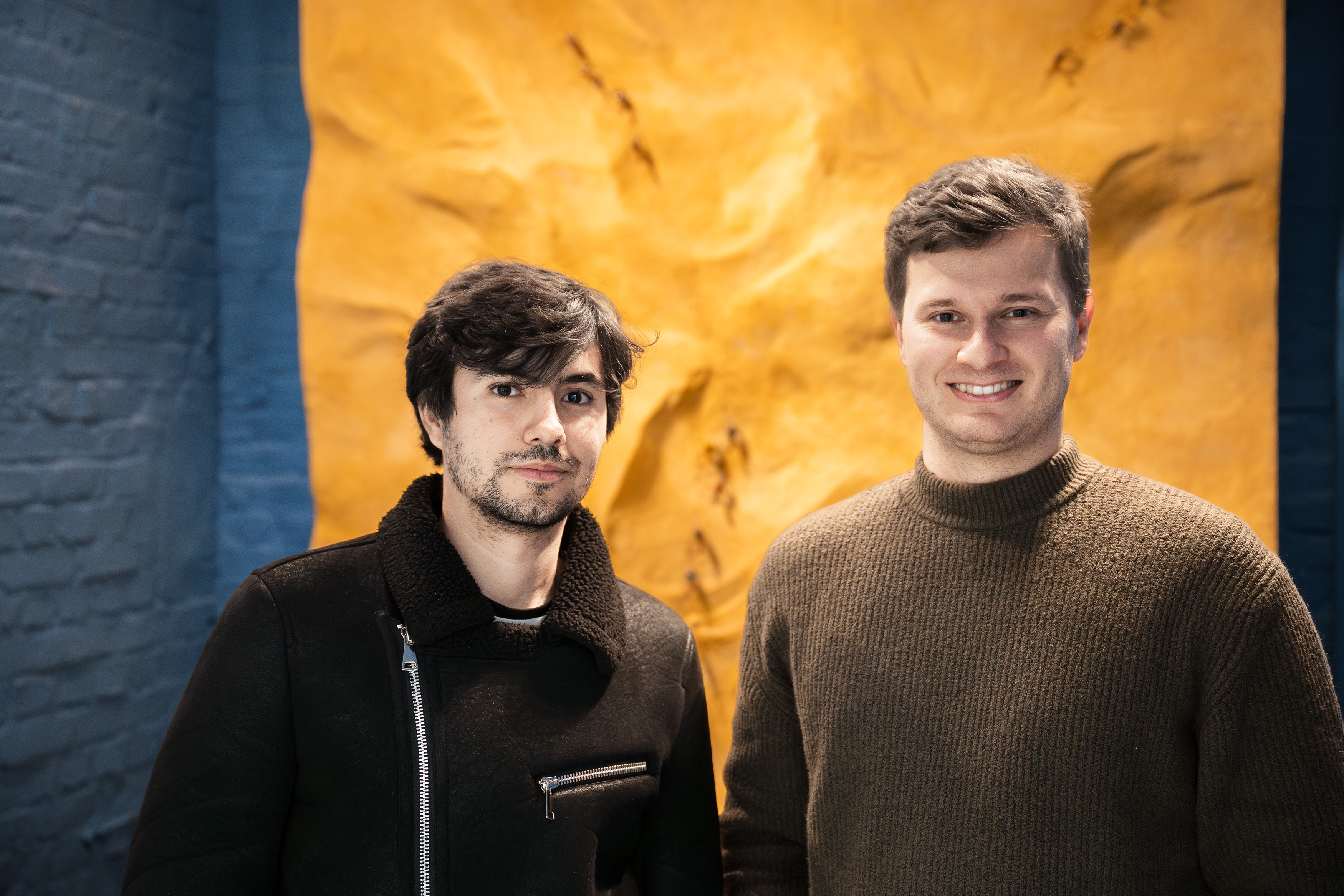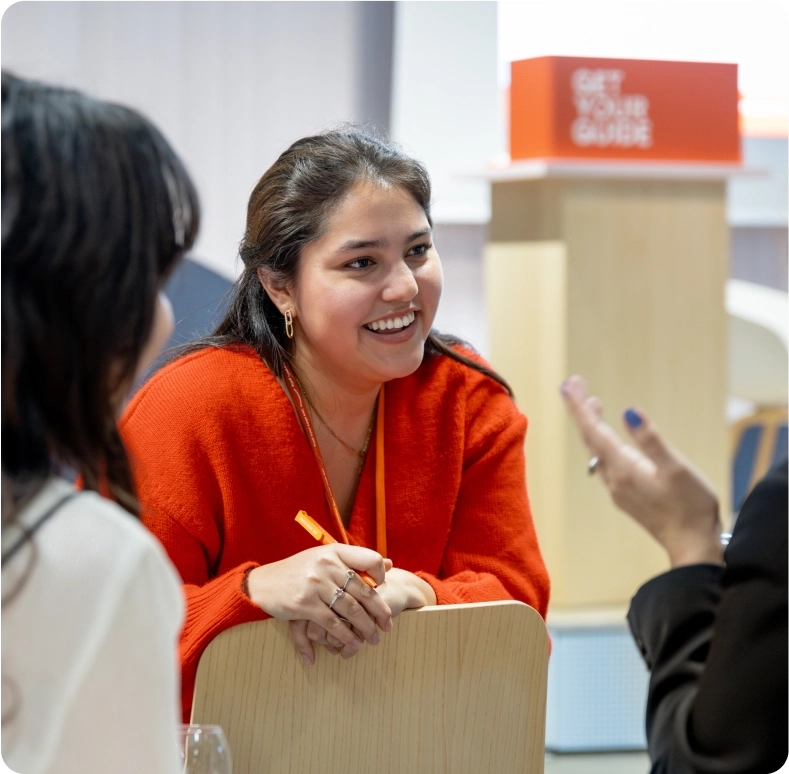Get Out of Your Box: Use Team Rotation for a Fresh Perspective and Grow Your Skillset
Discover how GetYourGuide's innovative Team Rotation Program can transform your engineering career. This insightful blog post reveals the benefits of stepping out of your comfort zone, learning new tech stacks, and enhancing team collaboration. Learn from real experiences about setting goals, preparing for rotations, and overcoming challenges. Uncover tips on maximizing your rotation experience, sharing knowledge, and building stronger social connections within your company. Dive into this comprehensive guide to understand how team rotation can lead to personal growth and improved product quality.

Key takeaways:
As companies and tech organizations grow, engineers dive deeply into the team's tech stack and, in the best case, a few sister teams. Over time, as an engineer, you need to gain an overview of the high-level architecture and all the stacks in place.
You get less and less insight into the workings of other teams, and your social connections could be improved. Having a better understanding of other team’s work and knowing the engineers in them enhances collaboration and the overall quality of the products we build. If you stick with your mission team for a long time, you get comfortable, and there’s less incentive to get out of this bubble.
GetYourGuide and other companies have found a solution by having a team rotation program. Learning a new tech stack and seeing how other teams operate was an excellent opportunity. Thus, I joined the program, completed it, and wanted to share my experience and a few takeaways.
The preparations
I was part of a data engineering team and was interested in understanding how the application development teams operate and get to know their tech stack.
Everything started with me discussing this opportunity with my manager. He was receptive to the idea and found a few opportunities for me. I had a choice between two teams.
After speaking with both managers, I realized that one of the teams was closer to the core platform, and so I chose it because I wanted to get a better idea of how the platform operates.
To ensure the rotation was successful for me and both my original and rotation teams, I sat down with my manager and set goals. I also created a plan for my temporary absence from the team and how that would be managed.
The goals and results
During my rotation, I learned how to use Apollo Server. As a backend-focused engineer, it was also exciting to learn a lot about the modern front end and the core architecture of the main product. These learnings and experiences have helped me navigate between teams more efficiently, identify key discussion topics, and connect the dots across different domains and tech stacks.
The team was migrating from a PHP monolith to services, and I used my PHP skills to inspect the old code and help extract the needed parts.
Since my original team dealt a lot with data, I set up a sharing session on how to use Databricks to pass on my knowledge to the team.
The biggest challenge was adapting to new technologies as part of the new infrastructure, e.g. Apollo GraphQL Server. Another challenge was figuring out how to plan my work with my new team due to my limited time with them.
But the main thing is that I had a lot of fun, met many new people, and created new connections at work, which worked out.
Tips from myself and other participants
- Agree on a small focus area or project you will work on to avoid unnecessary overhead.
- Prepare the dev environment beforehand, especially if it’s a different tech stack.
- Think about your and your target teams’ strengths in processes, tech, and best practices. What can they potentially exchange?
- Think about your strengths; What can you bring to the target team? Maybe you worked a lot with metrics and infrastructure, you’re a Java ninja, or you have a lot of experience in overall architecture.
- Align plans and duration of the rotation. I did it for two months and needed one more month to wrap up the work I started nicely. A smaller scope or more time would help.
- Ensure your original team will be in good shape without you, and plan how to wrap your work in advance in the last weeks before a rotation.
- If the change is drastic, consider whether you need a mentor and whether the target team can do that.
- Do not try to split weekdays between teams; it is better to do it for less time but focus on one team entirely.
Summary
The Team Rotation Program is a fantastic opportunity to step out of your comfort zone, explore new approaches and technologies, share valuable knowledge, and build strong trust and social connections within the company.




.JPG)

.jpg)
